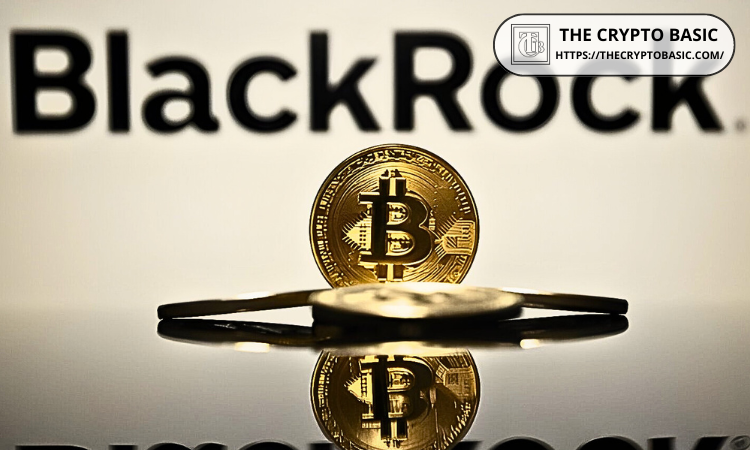Arizona is one step closer to locking in legal protections for crypto miners and blockchain node operators.
On Thursday, the state legislature passed HB 2342, a bill that protects individuals who mine Bitcoin or operate blockchain nodes at home from zoning and usage restrictions imposed by cities or counties.
The bill cleared the Arizona Senate in a narrow 17–12 vote and now heads to Governor Katie Hobbs for final approval.
Introduced in January by Rep. Teresa Martinez (R), HB 2342 amends Arizona’s laws to make the use of computational power in residences a matter of “statewide concern,” effectively stripping local governments of regulatory authority in this area.
Defining “computational power” broadly to include blockchain operations like mining and running nodes, the bill also targets artificial intelligence workloads, cloud computing, and high-performance scientific research conducted from home setups.
The bill's advancement is part of Arizona's broader crypto-forward stance, as it is emerging as a national leader among U.S. states experimenting with sovereign-level crypto adoption.
Last month, lawmakers pushed forward two complementary proposals, the Strategic Digital Assets Reserve Bill (SB 1373) and the Arizona Strategic Bitcoin Reserve Act (SB 1025).
If signed into law, these bills would allow Arizona to build state-managed reserves of digital assets, including using seized crypto and investing up to 10% of the state treasury or retirement funds into Bitcoin.
Roughly 26 states have introduced similar Bitcoin reserve bills, but Arizona is the closest to getting one over the finish line, according to data from Bitcoin Laws’ reserve bill tracker.
Neighboring states are racing to keep up. Texas passed its own Senate version of a Bitcoin reserve bill (SB-21) last month, while Oklahoma’s HB 1203 sailed through its House 77–15 and awaits a Senate vote.
Meanwhile, Kentucky recently took a different route, signing HB 701 into law to formally protect self-custodied crypto and clarify that mining and staking activities are not securities or money transmission.
Edited by Sebastian Sinclair
















No comments yet